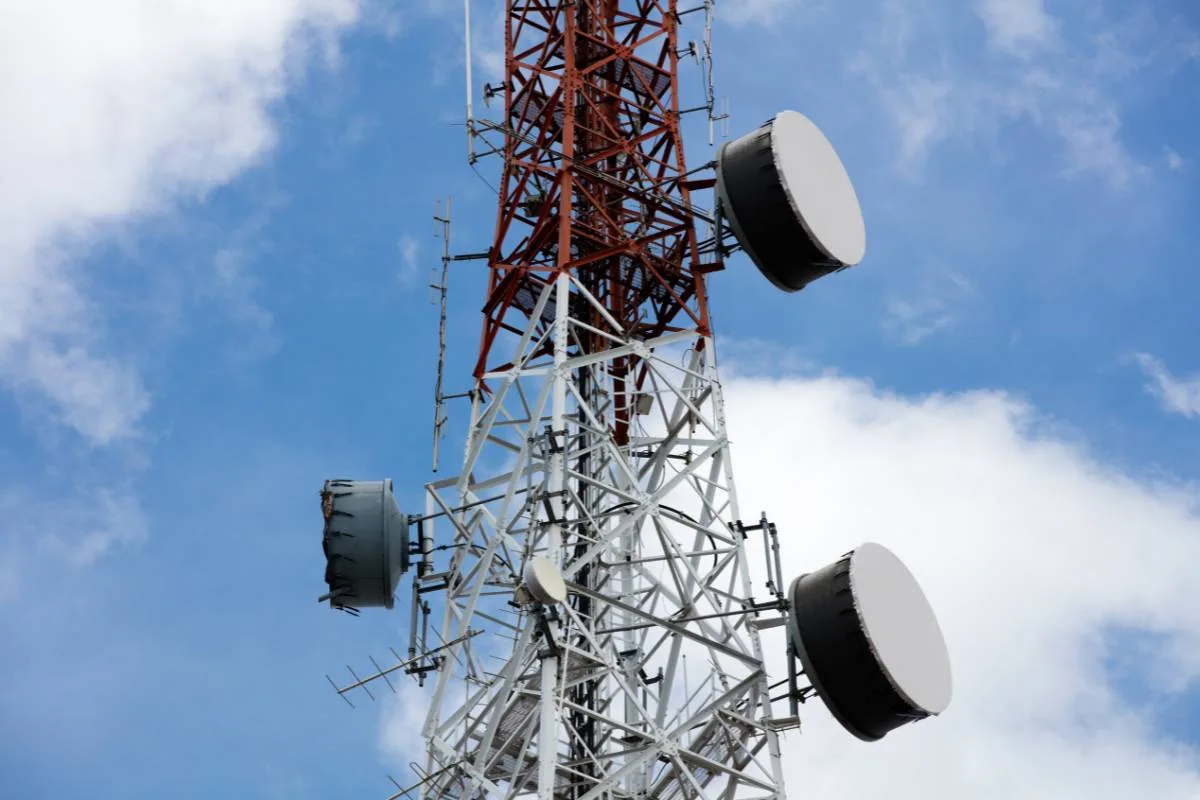
The total base transceiver station (BTS) count for the Indian telecom industry reached 29.43 lakh in November 2024, said Minister of Communications, Jyotiraditya Scindia. The total number of BTS has increased from 6.49 lakh in March 2014 to 29.43 lakh in November 2024. At the same time, the minister said that India's total mobile subscriber base grew from 90.45 crore in March 2014 to 116.38 crore in August 2024. The internet subscribers have jumped from 25.15 crore in March 2014 to 96.96 crore in June 2024.
Read More - BSNL has Been Losing Wi-Fi Customers for Years
It is worth noting that the total count of 5G BTS recently crossed 4,60,000 in the country. This was possible in about two years because of the rapid deployment from Airtel and Jio.
Along with this, efforts to boost connectivity in rural areas of the country have also been made. Scindia said, "As of September 2024, out of 6,44,131 villages in the country (village data as per Registrar General of India), 6,22,840 villages are covered with mobile connectivity."
The Indian government is running the 4G saturation project under which the aim is to bring high-speed 4G connectivity to rural parts of India. For this, the government has sanctioned Rs 30,620 crore. Under the 4G saturation project, the scope of BTS added is 17,901. Apart from this, the government is also fueling the amended BharatNet program by sanctioning Rs 1,39,579 crore.
Read More - BSNL Launches 4G in Pangi Valley, Himachal Pradesh
The BharatNet project is now run by Bharat Sanchar Nigam Limited (BSNL). BSNL and BBNL (Bharat Broadband Network Limited) merged recently. This was done so that BBNL, the body responsible for driving the BharatNet project can gain efficiency from the expertise of BSNL in the area. Apart from all this, the government is running many more projects to bring connectivity in areas where it is still a luxury. There are projects including the 502 aspirational districts, LWE Phase-2, 7287 aspirational districts, and more under which connectivity is being fueled throughout the country.
The government is taking help of the USOF (Universal Service Obligation Fund), now known as Digital Bharat Nidhi (DNB) to fund these connectivity projects.















